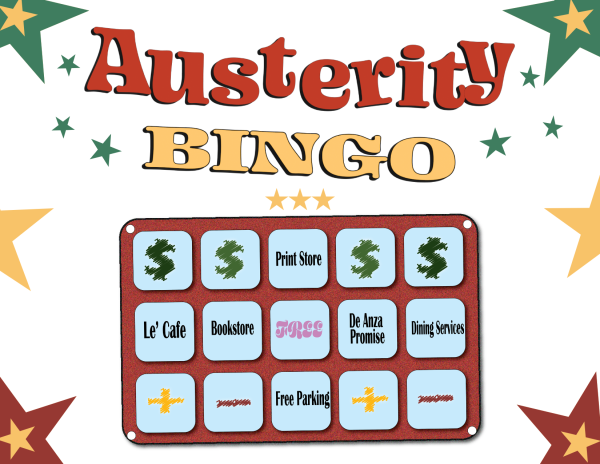Bye bye net neutrality, hello gridlock
Net neutrality needed for Internet evolution
May 9, 2014
Network neutrality or Net neutrality is seen from many different perspectives and there has been opposition on both sides for and against it on a variety of levels.
The possibilities for the destruction of not just our ability to get information but to communicate or even to start a new website or business loom large, and we can only hope that the proposal is defeated if it does possess these problems.
If such discrimination had been allowed a decade ago then MySpace would still be the social network of choice since Facebook would have never been able to compete.
The idea of net neutrality is that internet service providers and governments should treat all information on the internet the same without giving priority to or discriminating against any information.
“We can’t have a situation in which the corporate duopoly dictates the future of the internet and that’s why I’m supporting what is called net neutrality,” said President Barrack Obama in a campaign speech.
Despite this fact, Federal Communications Commission Chairman Tom Wheeler, who was appointed by Obama himself, has made a proposal which will allow ISPs to allow preferential treatment to companies that are “commercially reasonable” by ending net neutrality.
The FCC is stating that new technology and better service can be awarded to companies and people who pay an additional fee and denied to others so long as the ISPs obtain greater financial gain including charging its customers greater rates for services that they already have and use.
The Stop Online Piracy Act was known to many as a method of bolstering copyright infringement laws to essentially damage free speech. It allowed the government and ISPs to block entire internet domains for any perceived infringement, correct or otherwise.
On Jan. 18, 2012, protests by Wikipedia, Google, Mozilla, Craigslist and many other websites helped defeat SOPA by shutting down its homepages.
According to The Wall Street Journal, Google, Yahoo, Netflix and other companies have begun considering its possible response to the FCC proposal briefing on Friday, in case the companies don’t like the outcome.
Since the death of net neutrality would enable ISPs to charge an additional premium to get its traffic to users faster, it makes sense that the ISPs would be very interested in shutting the proposal down if it isn’t to its liking.
Any company which relies on its Internet service wouldn’t want to pay for speed in order to keep from being given poorer service for not paying the additional charge.
With the recent Comcast and Time Warner Cable merger debate as to whether the two should be allowed to merge or if such a company would be too powerful having come up recently, the idea that such a powerful company merger would also get to discriminate against companies or offer preferential treatment is frightening.
The abilities of a company possessing that much authority is already daunting when compared to other companies, most of if not all of which would be much smaller, but to be able to demand additional fees from clients so long as it obtains more than could have been obtained by a collection, enforcement, disposition or acceptance at a different time is staggering.
While Wheeler insists that he will be able to police the situation, the FCC would only consider if the prices were reasonable but not if they were discriminatory.






























